Several prophets, who lived in the ancient Americas, wrote of Jesus Christ in the Mormon book of scripture called The Book of Mormon (Another Testament of Jesus Christ). The record later translated as the Book of Mormon was recorded by many ancient prophets and mostly handed down from father to son to continue the recording and the protection of the book. Nephi was the first prophet to start recording the history of his people and handed the Mormon book down to his brother Jacob, who gave them to his son Enos, who gave them to his son Jarom, who gave them to his son Omni, who gave them to his son Amaron, who gave them to his brother Chemish, who gave them to his son Abinadom, who gave them to his son Amaleki (Jacob 7:27, Jarom 1:1, Omni 1). At this point in time, Amaleki had no children and chose to give the plates to a righteous man named Benjamin (Omni 1:25).
Who is King Benjamin in the Mormon book?
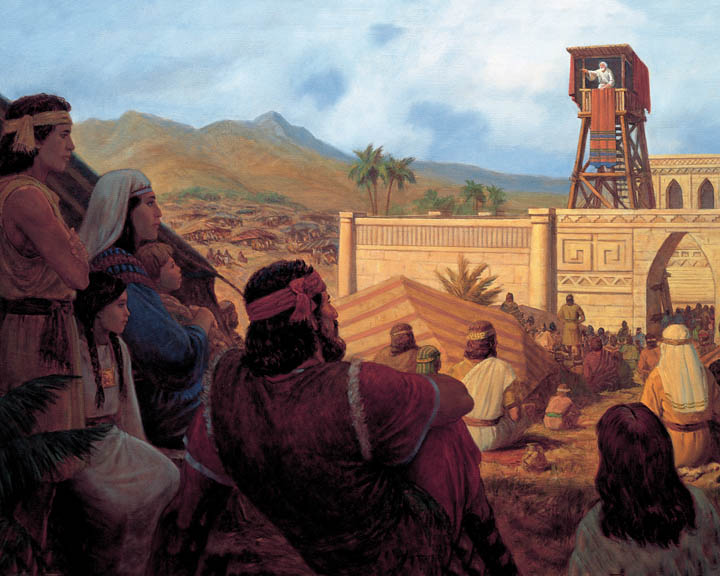 Benjamin was the son of Mosiah and father to three sons named Mosiah, Helorum, and Helaman (Mosiah 1:2). Benjamin fought a serious war until peace was established again in the land of Zarahemla (Omni 1:24 & Words of Mormon 1:18).
Benjamin was the son of Mosiah and father to three sons named Mosiah, Helorum, and Helaman (Mosiah 1:2). Benjamin fought a serious war until peace was established again in the land of Zarahemla (Omni 1:24 & Words of Mormon 1:18).
And it came to pass also that the [enemy] armies of the Lamanites came down out of the land of Nephi, to battle against his people. But behold, king Benjamin gathered together his armies, and he did stand against them; and he did fight with the strength of his own arm, with the sword of Laban. And in the strength of the Lord they did contend against their enemies, until they had slain many thousands of the Lamanites. And it came to pass that they did contend against the Lamanites until they had driven them out of all the lands of their inheritance (Words of Mormon 1:13-14).
Benjamin was a righteous king (Words of Mormon 1:17) who served his people instead of using his power as king to obtain riches:
I… have not sought gold nor silver nor any manner of riches of you; Neither have I suffered that ye should be confined in dungeons, nor that ye should make slaves one of another, nor that ye should murder, or plunder, or steal, or commit adultery;
…and that ye should not be laden with taxes, and that there should nothing come upon you which was grievous to be borne—and of all these things which I have spoken, ye yourselves are witnesses this day (Mosiah 2:12-14).
His people considered him a great king, leader, and Christ-like example. His son Mosiah (who succeeded him as the next king, as recorded in Mosiah 1:9–18) wrote in the Mormon book:
Therefore, if it were possible that you could have just men to be your kings, who would establish the laws of God, and judge this people according to his commandments, yea, if ye could have men for your kings who would do even as my father Benjamin did for this people—I say unto you, if this could always be the case then it would be expedient that ye should always have kings to rule over you (Mosiah 29:13).
Who Was The Prophet-King in the Mormon Book?
Not only did King Benjamin rule, love, and protect his people, but he was also called of God. Benjamin was a prophet, who taught his people that God exists, that Christ would come to atone for the sins of men, and of the importance of serving others (Mosiah 1–6). Some of my favorite quotes include:
…when ye are in the service of your fellow beings ye are only in the service of your God (Mosiah 2:17).
Believe in God; believe that he is, and that he created all things, both in heaven and in earth; believe that he has all wisdom, and all power, both in heaven and in earth; …
… Believe that ye must repent of your sins and forsake them, and humble yourselves before God; and ask in sincerity of heart that he would forgive you; and now, if you believe all these things see that ye do them (Mosiah 4:9-10).
What Can We Learn From King Benjamin in the Book of Mormon?
King Benjamin is known in the Mormon book for holding a conference with church members. In Mosiah 2:1-8, the people gathered to the temple:
…they pitched their tents round about the temple, every man having his tent with the door thereof towards the temple, that thereby they might remain in their tents and hear the words which king Benjamin should speak unto them;
For the multitude being so great that king Benjamin could not teach them all within the walls of the temple, therefore he caused a tower to be erected, that thereby his people might hear the words which he should speak unto them.
And it came to pass that he began to speak to his people from the tower; and they could not all hear his words because of the greatness of the multitude; therefore he caused that the words which he spake should be written and sent forth among those that were not under the sound of his voice, that they might also receive his words.
The modern prophet (Thomas S. Monson) and his apostles follow King Benjamin’s example and hold a free General Conference semiannually in Utah, which is broadcast worldwide and available both online and in the Liahona and Ensign church magazines. During the conference in October, 2010, Thomas S. Monson (the living prophet today) taught that we should take time to review conference talks:
We could echo the words, found in the Book of Mormon, of those who heard the sermon of the great King Benjamin and “cried with one voice, saying: Yea, we believe all the words which thou hast spoken unto us; and also, we know of their surety and truth, because of the Spirit of the Lord Omnipotent.”
I hope that we will take the time to read the conference talks, which will be reprinted in the November issue of the Ensign and Liahona magazines, for they are deserving of our careful study.
What a blessing it is that we have been able to meet here, in this magnificent Conference Center, in peace and comfort and safety. We have had unprecedented coverage of the conference, reaching across the continents and the oceans to people everywhere (“Till We Meet Again”, Ensign).
Additional Resources:
Read about the Mormon book on the LDS website
Order your free copy of King Benjamin’s words written in The Book of Mormon
Read an article about the Mormon Prohet Abinadi

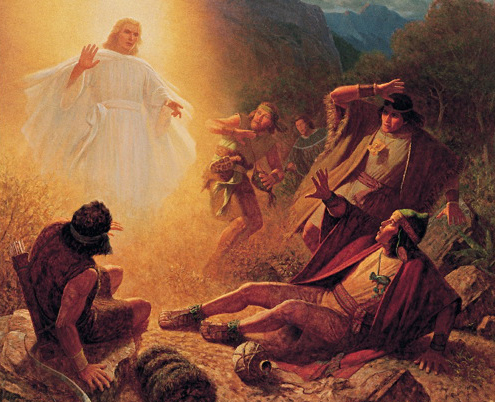
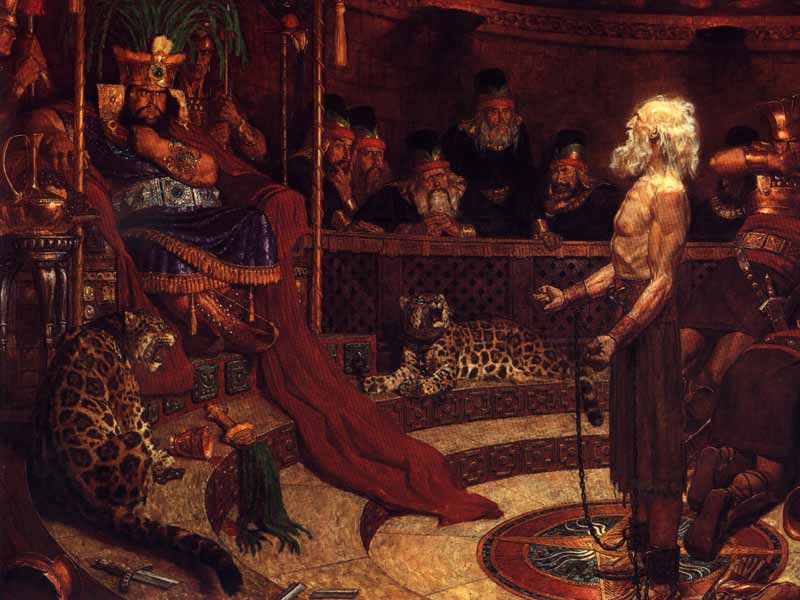
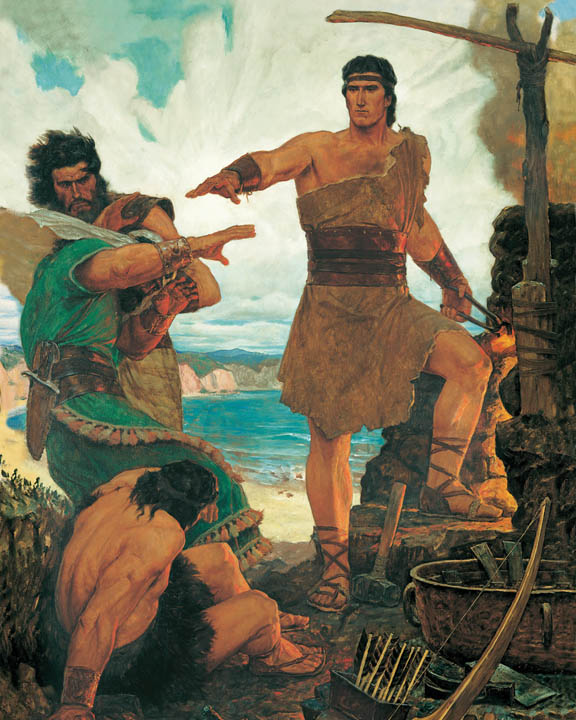
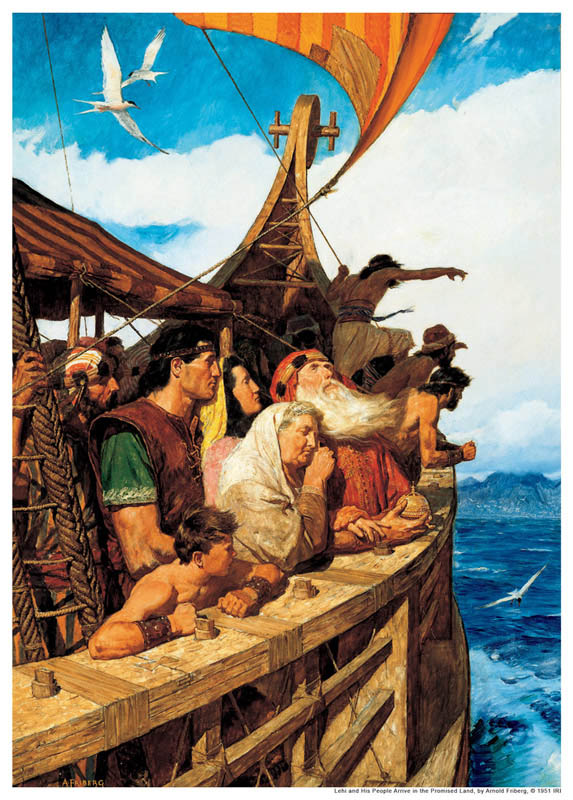
Recent Comments